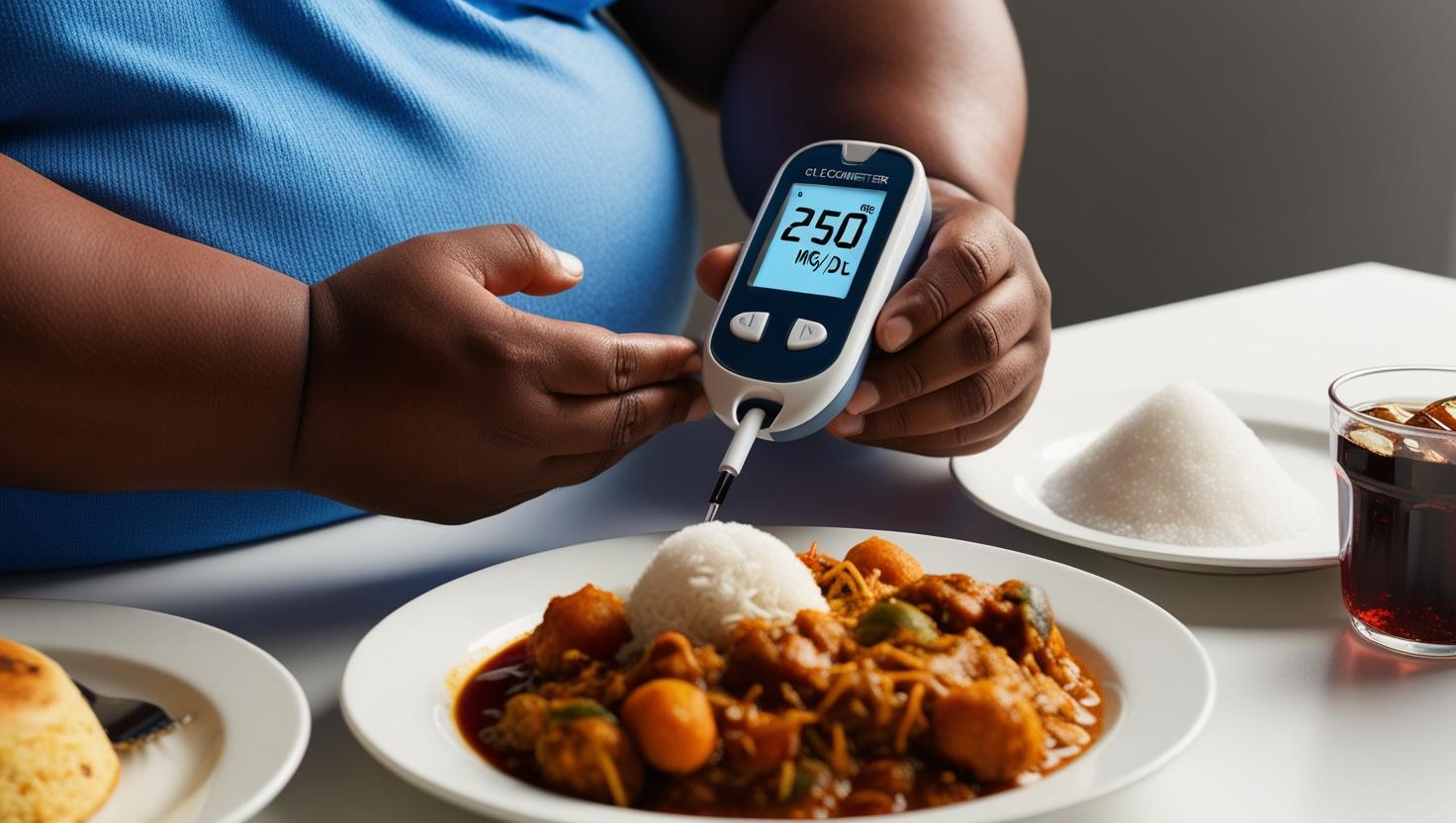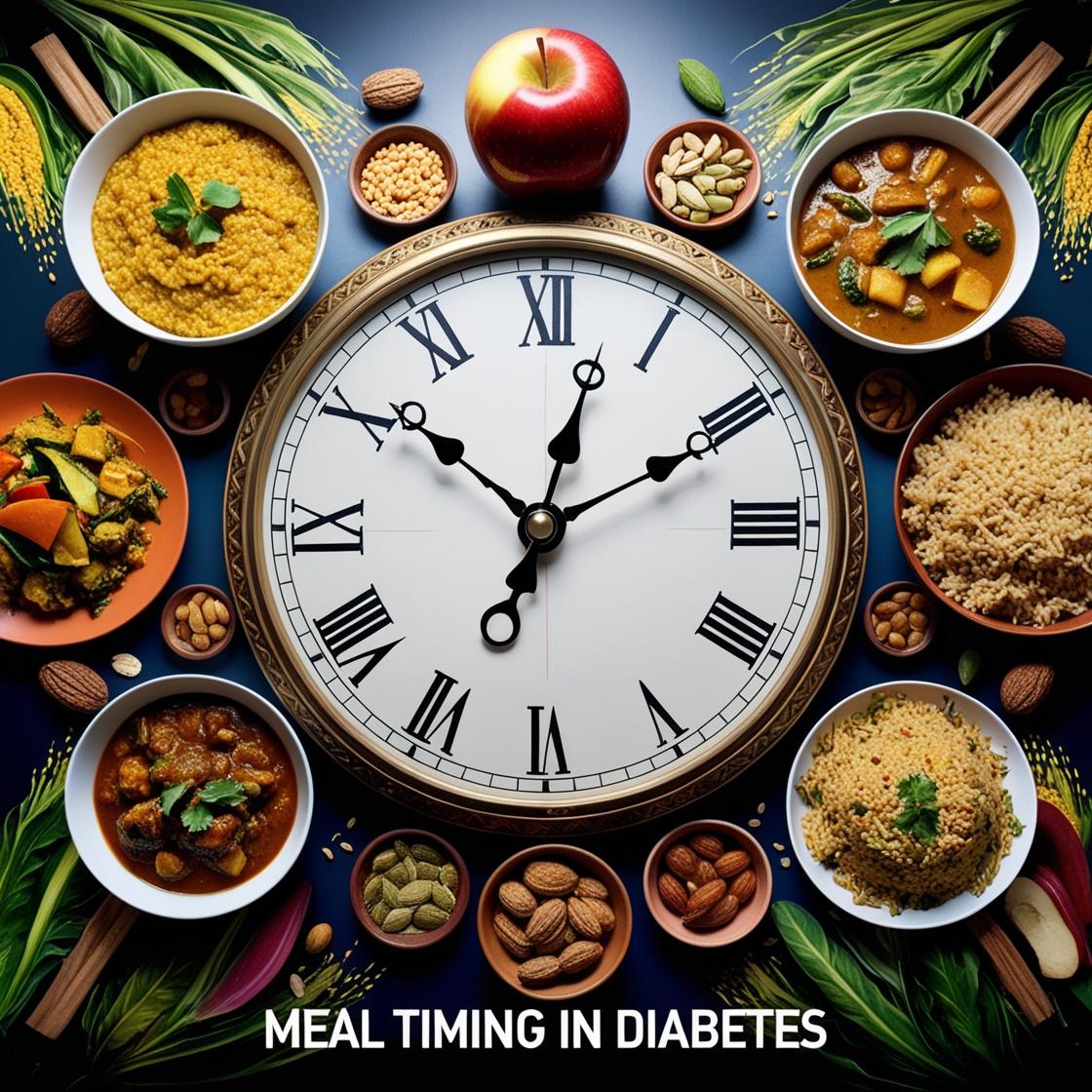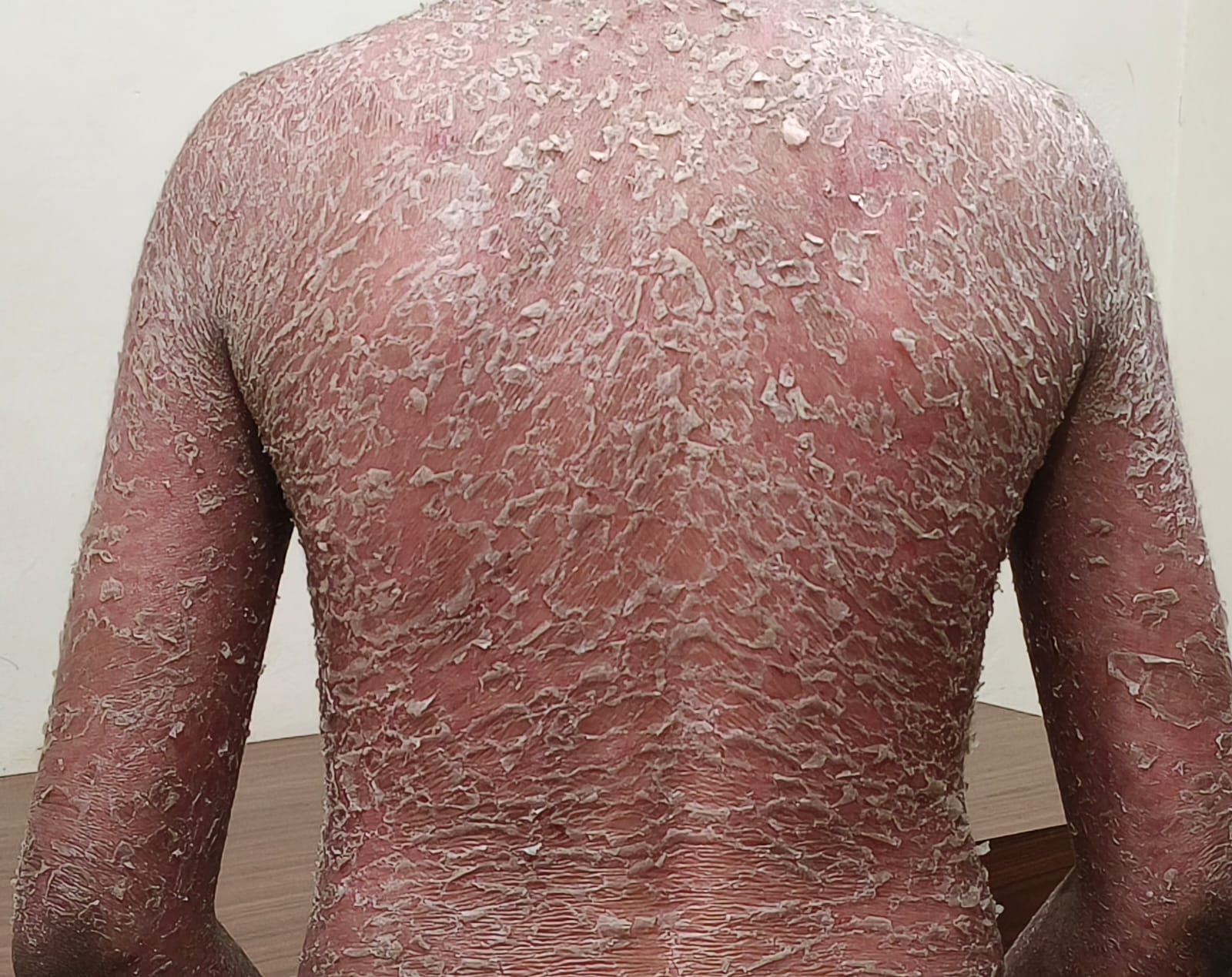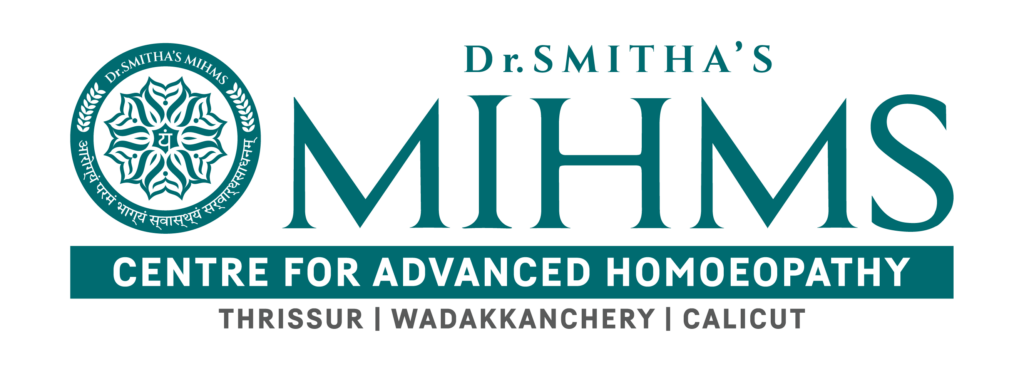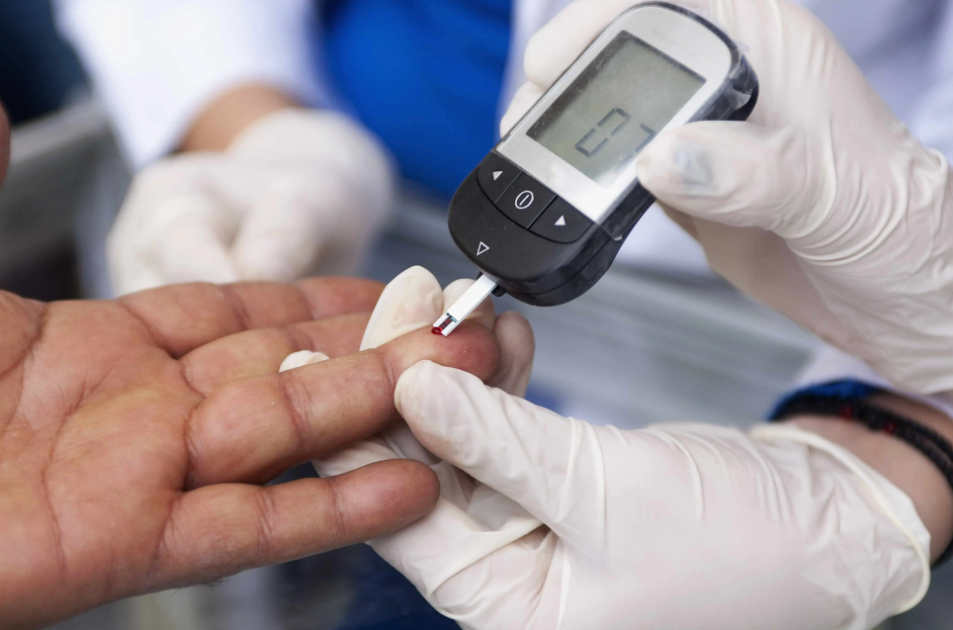Do you feel ashamed to face people because of your skin condition? Does psoriasis affect quality of your life? Is psoriasis a contagious disease? Can psoriasis can be cured?
These are the common doubts of everyone with psoriasis ,And here we provide the best answer!
Living with psoriasis is not an easy option .Nowadays, there are many more people suffering from psoriasis and everyone has the same doubt that “is it possible to get a better health?”
Having psoriasis sometimes get you isolated but it doesn’t have to be that way .First of all you have to do is understand your skin condition and consult a doctor for diagnosis. There is no disease that can affect you if you are strong enough to overcome the disturbance.
So, what you think psoriasis is?
Normally, skin cells develop in deeper layers of the skin and slowly rise to the surface over the course of about a month. With psoriasis, this process happens in a few days. The new skin cells pile up with the old skin cells, causing red flaky rashes. Regardless of the cause, the disease is not contagious. This disease can be embarrassing for those who have it and sometimes leads to isolation and even depression, but the good news is homoeopathic doctors have come a long way in their understanding of this disease and how to treat it.
The rashes most commonly appear on the scalp, knees, or outside of the elbow, but they can show up almost anywhere. Sometimes, psoriasis can create feelings of itching, burning, and stinging.
Psoriasis also seems to increase the risk of other health problems such as diabetes, heart disease, and depression etc. Closely following your doctor’s treatment plan and their recommendations for a healthy lifestyle can help mitigate those risks.
How is psoriasis treated?
First, your doctor will confirm your skin problem is whether psoriasis or not, especially since the disease can look similar to other skin conditions like eczema. Your physician will likely perform a detailed case taking along with other investigations.
Homoeopathic treatment considers the severity of your disease ,other physical ,mental symptoms etc. The homoeopathic medicine ,its dosage and frequency depend upon the severity of disease.
If you are unable to tolerate or struggle to find relief from routinely prescribed medications, homoeopathy may be a great help. Homoeopathic medicines can provide you a long-term relief to your sufferings and provide a great solution for your problems thus increasing the quality of your life by make you into your better self.

